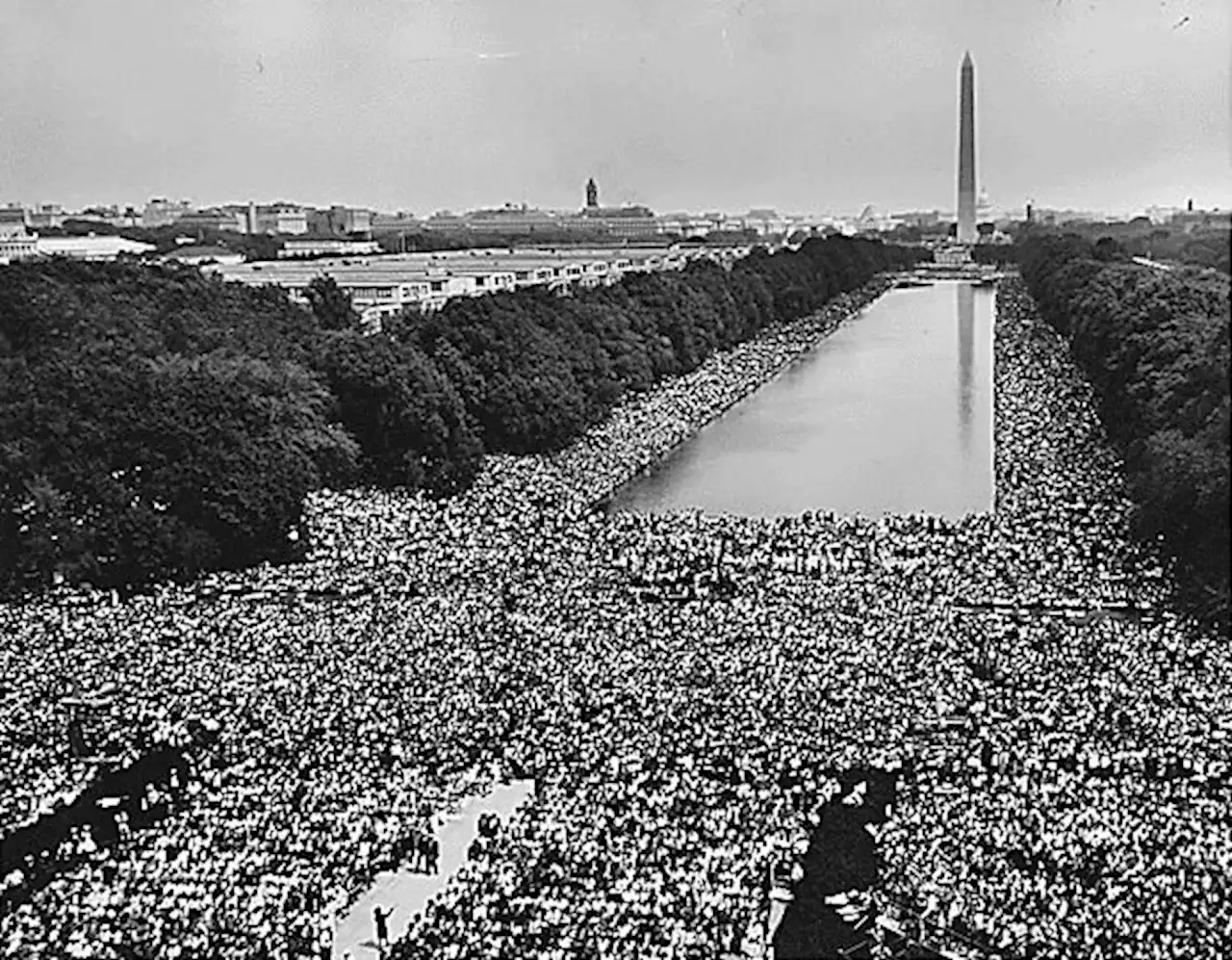The author, who as a teen attended the massive March on Washington for Jobs and Freedom, recalls its life-changing impact.
Some 250,000 people gathered on August 28, 1963, to demand action on civil rights, jobs, education, fair housing, and voting rights.
Organized by a coalition of civil rights and labor leaders, the march grew out of a growing tide of activism and righteous anger over egregious daily violations of fundamental human rights. We marched for long-overdue civil rights legislation, the right to a quality K–12 education, equal opportunity to decent jobs, fair housing, and voting rights.
Lumbering into Washington just before 11 a.m., our bus emerged from the raging flames of hatred to be swarmed by a cheering throng. As we exited the bus, the people who were already gathered for the march could tell that we had been through something; they began to embrace us, one by one. So embraced, we, in turn, welcomed the next bus. They cheered the group after them, and, on and on.
Finally, Dr. King ascended the podium. His familiar baritone tuned like none other, he soothed us, rallied us, commended us on to heights untold. When he raised his hand over the crowd, invoking his Dream, I felt myself levitate. Soar. One among 250,000 united, I understood the Movement and this country as never before. I’d begun the day an innocent in braids and a brand-new sundress of pink and white. I would never wear that dress again―or my hair in those braids.
Know what you’re about. It was called the “Civil Rights Movement” to avoid offending those who’d been so offensive to us. But know the struggle for what it is: the fight for human rights. Women must speak as leaders. Despite the extensive work of women activists in the Movement, women were spoken of but did not speak for the Movement. Josephine Baker, the only woman speaker, honored activists Daisy Bates, Rosa Parks, and others.
South Africa Latest News, South Africa Headlines
Similar News:You can also read news stories similar to this one that we have collected from other news sources.
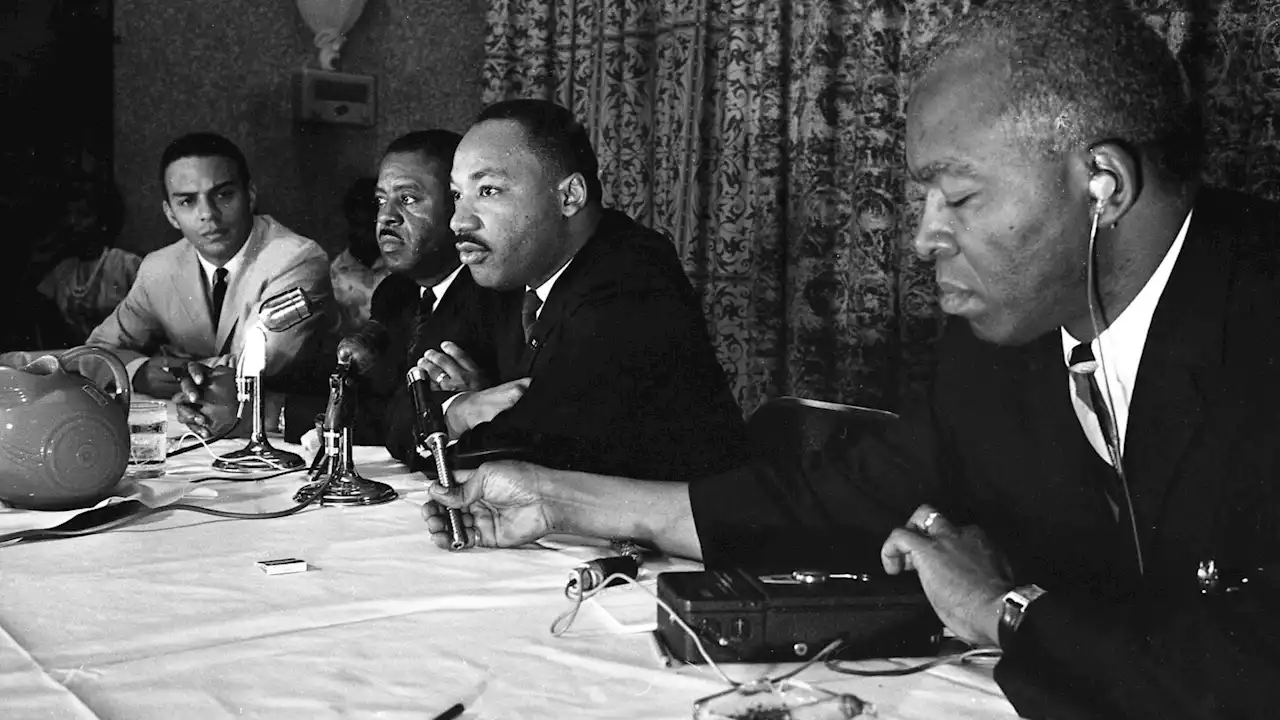 From MLK to today, the March on Washington highlights the evolution of activism by Black churchesThe March on Washington of 1963 is remembered most for the Rev. Martin Luther King Jr.’s “I Have a Dream” speech.
From MLK to today, the March on Washington highlights the evolution of activism by Black churchesThe March on Washington of 1963 is remembered most for the Rev. Martin Luther King Jr.’s “I Have a Dream” speech.
Read more »
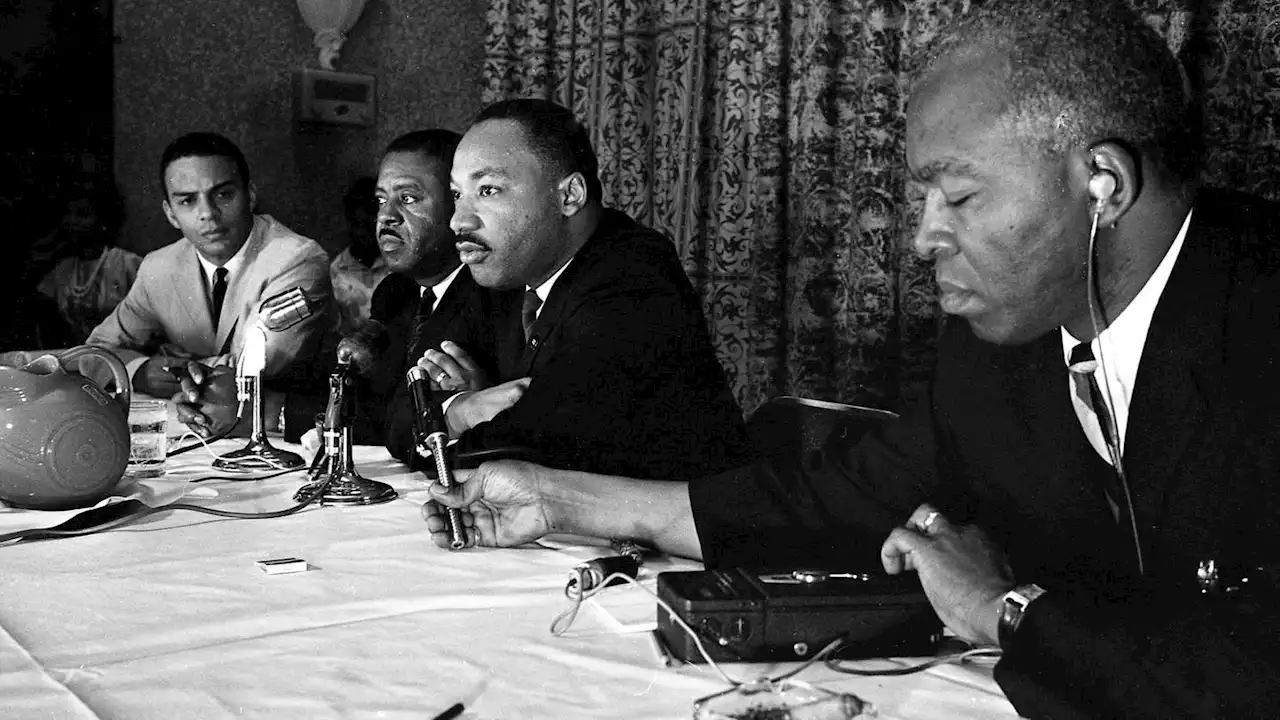 From MLK to today, the March on Washington highlights the evolution of activism by Black churchesThe March on Washington of 1963 is remembered most for the Rev. Martin Luther King Jr.’s “I Have a Dream” speech
From MLK to today, the March on Washington highlights the evolution of activism by Black churchesThe March on Washington of 1963 is remembered most for the Rev. Martin Luther King Jr.’s “I Have a Dream” speech
Read more »
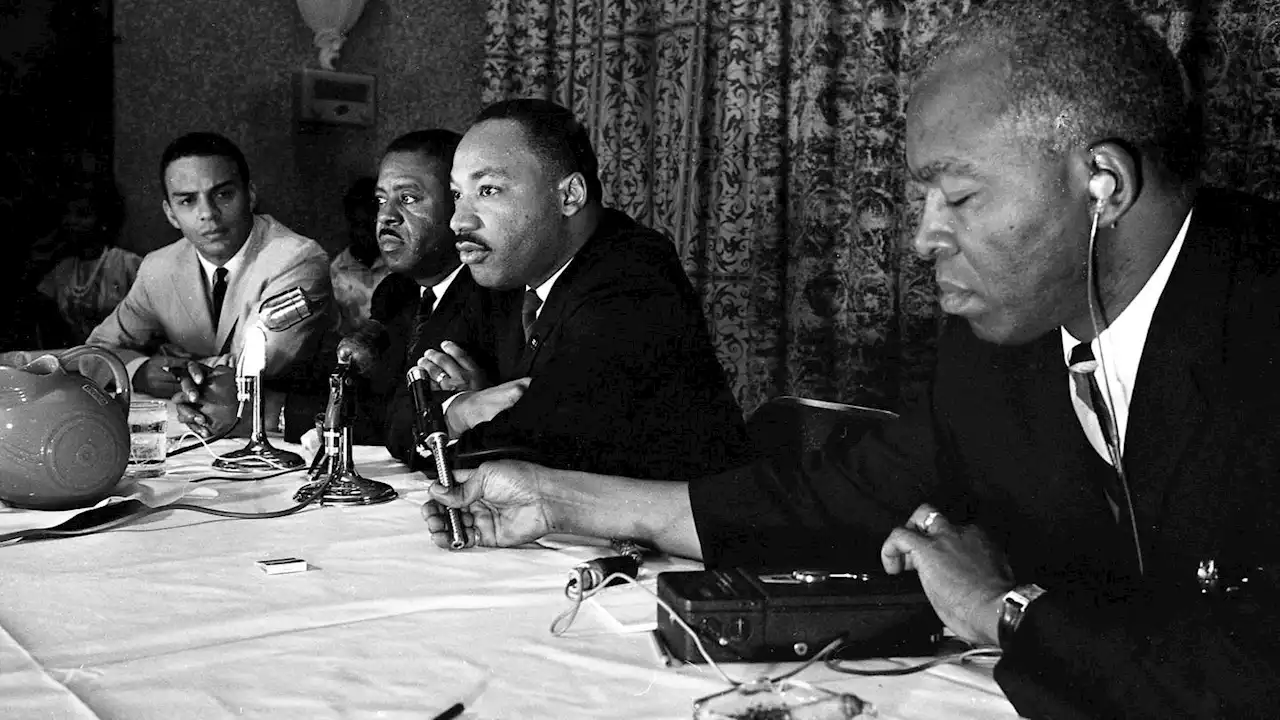 From MLK to today, the March on Washington highlights the evolution of activism by Black churchesThe March on Washington of 1963 is remembered most for the Rev. Martin Luther King Jr.’s “I Have a Dream” speech
From MLK to today, the March on Washington highlights the evolution of activism by Black churchesThe March on Washington of 1963 is remembered most for the Rev. Martin Luther King Jr.’s “I Have a Dream” speech
Read more »
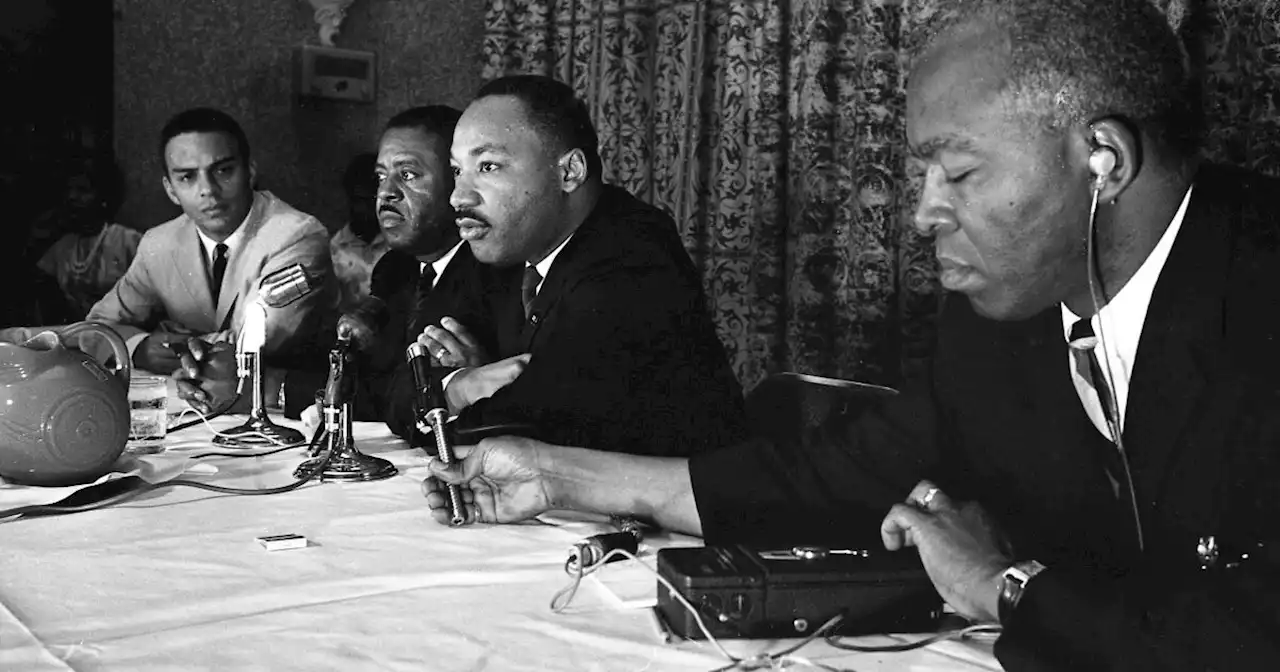 From MLK to today, the March on Washington highlights the evolution of activism by Black churchesThe March on Washington of 1963 is remembered most for the Rev. Martin Luther King Jr.’s “I Have a Dream” speech
From MLK to today, the March on Washington highlights the evolution of activism by Black churchesThe March on Washington of 1963 is remembered most for the Rev. Martin Luther King Jr.’s “I Have a Dream” speech
Read more »
